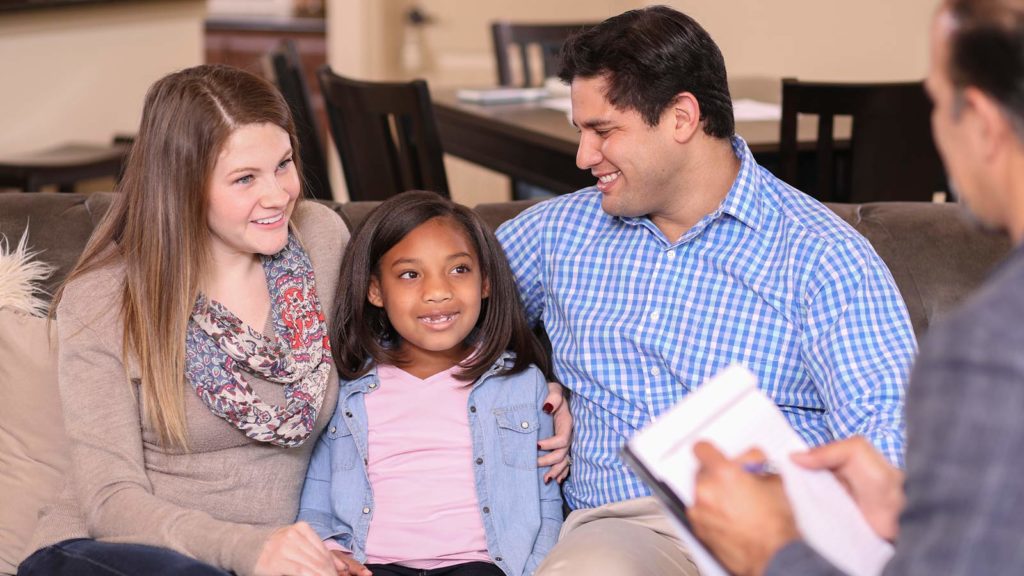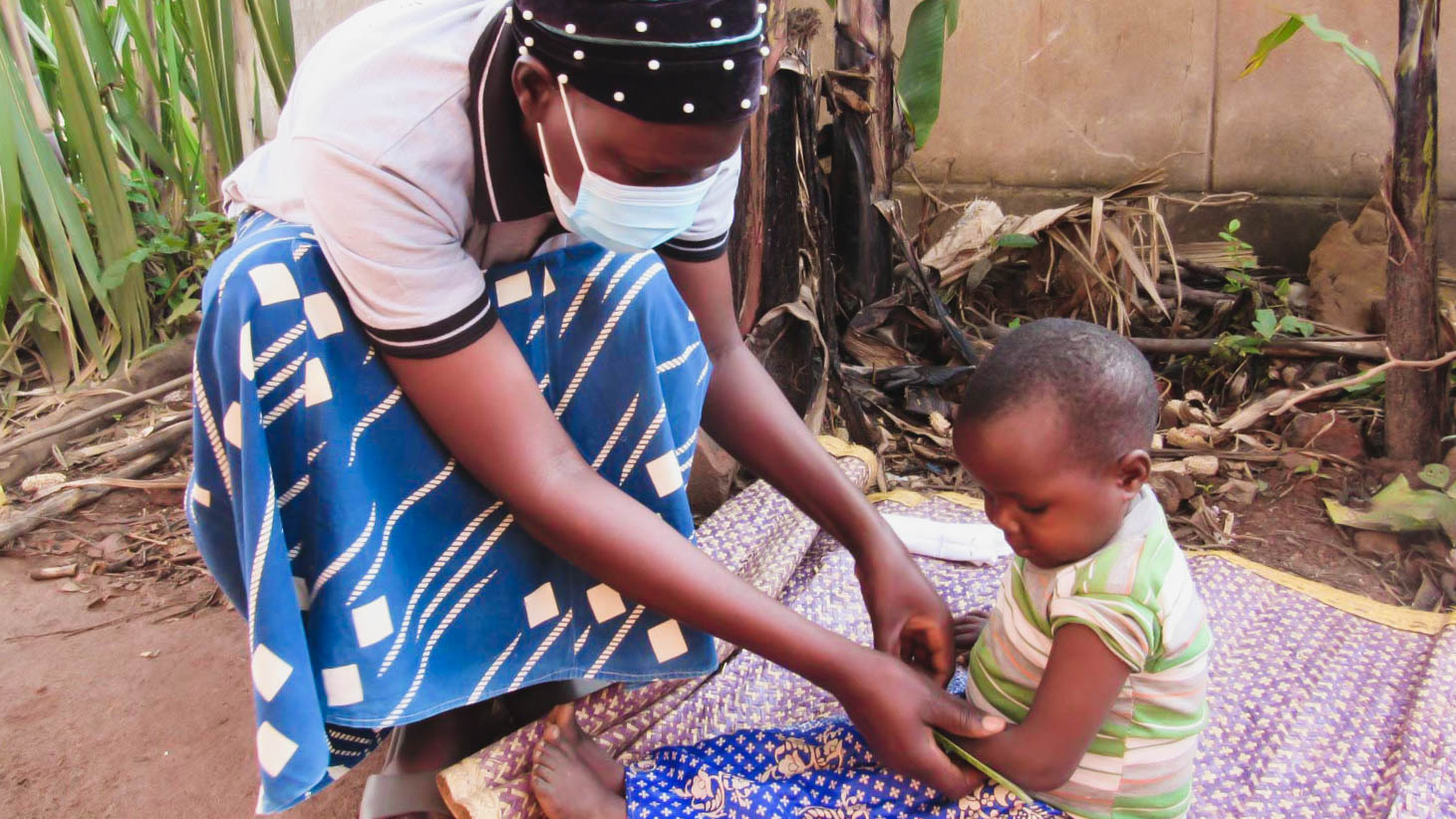Philosophies on parenting are as different and as numerous as there are parents on planet Earth. Day in and day out, society bombards us with picturesque or “aspirational” versions of what it means to be a “good” parent.
One only needs to look as far as social media regularly filling people’s feeds with unrealistic versions of happy families, all dressed in color-coordinated outfits while walking, holding hands and laughing. We all know this could not be further from the reality most parents face. Most people who don’t actively think about how they want to parent will fall into patterns of how they were parented, for better or worse. Looking at your parenting style and how you communicate and interact with your child is important because it influences the child’s brain development. Positive parenting is a gentle approach that fosters and focuses on healthy relationships between parents and children.
No parent is always conscious, gentle, positive, peaceful and authentic. We have to choose to be and practice moment by moment … day after day. The more we practice, the stronger we grow.
Leila Schott
Here are 8 key strategies and skills that can help you practice positive parenting:
1. Be an intentional parent. Learn to be with your child in a way that lets them know that they are important. Be present in the moment with them. Have a plan and prioritize where you put your energy and time.
2. Think about the outcome. What kind of qualities do you want to instill in your child? Do you want to raise kind, empathetic, courageous, resilient, respectful children? Whatever qualities are important to you, begin to think of ways that you can encourage these traits in your child. Always lead by example in these areas.
3. Use child-directed play. Spending just 10 to 15 minutes a day connecting with your child through play led by them has been shown to strengthen the parent-child bond and increase a sense of confidence in the child. This time should be noncompetitive, and parents are encouraged to be free with praise and encourage positive behaviors. Additionally, mirroring the activity the child is doing shows them that you believe what they do is important.
4. Look at the root of the behaviors. Behavior is a way a child communicates. Before they have high-level thinking of connecting thoughts and actions, a child will act on impulse. Think of it as if the behavior is the tip of the iceberg and beneath the water are possible reasons for the “why” behind the behavior. Perhaps it is hunger, thirst, attachment, emotions, sensory needs, environmental stressors, need for attention or connection, social skills and power to name a few possibilities. You are the detective and must search out the reasoning behind the behavior.

Check out additional parenting resources!
View our expanded list of recommended parenting websites, books and other resources organized by topic.
5. Know your child’s developmental stages, and be realistic. Sometimes parents have high expectations of their child that is beyond their mental, emotional and/or physical capabilities. Being familiar with the norms of your child’s developmental stage will help you to not place undue expectations or burdens on your children.
6. Maintain healthy boundaries. Children need their parents to be the parent. Being kind to your child is not the same as giving in to them. Being positive is not the same as being permissive. You can firmly give directions and set expectations without being mean. When you set limits and enforce consequences, it sets the framework for their future decisions. Using a calm, firm tone when giving directions is most efficient.
7. Regulate your own emotions. When a child is having a meltdown, remaining calm during their chaotic moments will serve you both better in the long run. Your child will see you model appropriate responses. Do be mindful of your own triggers and have a response strategy in mind.
8. Know that ruptures happen in all relationships. If you have lost your cool and perhaps have yelled at your child, apologies go a long way. Take time for connection afterward. The rupture and repair of relationships are critical opportunities to strengthen them. It shows your child that relationships can withstand things that are difficult and that relationships can survive emotional outbursts.
Parenting is the most difficult job and people don’t even get paid for it. If you need support practicing positive parenting, don’t be afraid to reach out. Seek out advice or connection with other parents and learn from them. Find a counselor or therapist who can support you, including those who specialize in adoption. Talk to friends who are in the same life stage as you are. It’s helpful to know that you are not alone. Taking care of yourself is crucial so that you can always show up as your best self with your child.

Receive Post Adoption Coaching & Education
All parents encounter challenges as their children grow up. And sometimes, issues may arise that leave you uncertain as to how best to respond. But not every issue requires therapy or counseling. The PACE program is here to help during those times.


